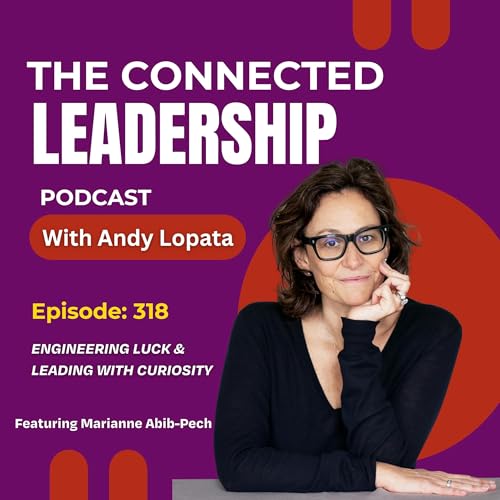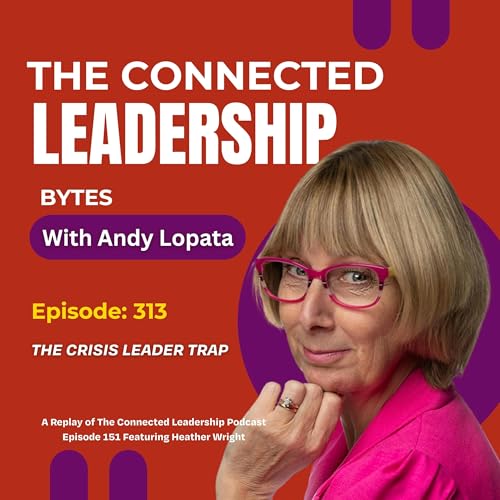What happens when a leader faces a heckler? In the high-stakes world of stand-up comedy, your reputation is made or broken in the seconds it takes to respond. The same is true in the boardroom. In this special Christmas week episode from the archive, Andy Lopata revisits his interview with rising comedy star Athena Kugblenu (Mock the Week, The News Quiz) to uncover the surprising leadership lessons hidden in the comedian’s playbook. This isn't just about telling jokes; it's a masterclass in resilience, adaptability, and the art of winning over a tough room. Athena shares her journey from a full-time project manager to a celebrated comic, revealing why the single most important skill for success isn't being funny—it's being likable. Discover how to handle difficult audiences with grace, use improvisation to your advantage, and why building a supportive network is the ultimate career hack, even in a fiercely competitive industry. These are the raw, real-world skills every leader needs to command a stage, and a team. Key Takeaways From This Episode What is the #1 skill you need to succeed as a performer that has nothing to do with being funny (and everything to do with leadership)? How do you handle a "heckler" when you realise they aren't trying to be malicious, but are just enjoying your performance too much? What is the simple two-part formula—Acknowledge & Improvise—that can win over any cold or distracted corporate audience? Why is the best feedback you can give not "feedback" at all, but something far more powerful called "feed forward"? What's the hard truth about transitioning to a creative career that the "just believe in yourself" gurus never tell you? 3 Actionable Insights Prioritize Likability Over Everything: Before people will laugh at your jokes or listen to your ideas, they have to like you. In any presentation or meeting, focus first on building genuine rapport and being approachable. Once you’re likable, your message has a much greater chance of landing. Acknowledge the Room, Then Improvise: When facing a tough or disengaged audience (like at a corporate awards dinner), don't ignore the situation. Acknowledge what's happening—the dress code, the food, the energy—to show you're present with them. This builds instant connection and gives you permission to improvise, which audiences reward highly. Give "Feed Forward," Not Just a "Sh*t Sandwich": When mentoring someone, avoid the clichéd praise-criticism-praise model. Instead, focus on encouraging potential. Rather than saying "what you did was wrong," try "what you could be doing is even better; talk more about X." This inspires growth without damaging confidence. SELECTED LINKS FROM THE EPISODE Connect with Andy Lopata: Website | Instagram | LinkedIn | X/Twitter | YouTube Connect with Athena Kugblenu: Website |Facebook | Instagram The Financial Times Guide to Mentoring Episode 150 Featuring Athena Kugblenu
続きを読む
一部表示
 55 分
55 分 19 分
19 分 20 分
20 分 23 分
23 分 40 分
40 分 2025/12/2920 分
2025/12/2920 分 24 分
24 分 19 分
19 分
